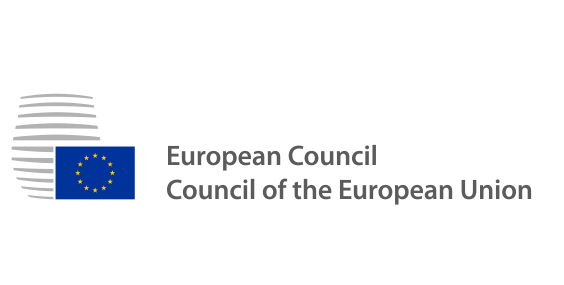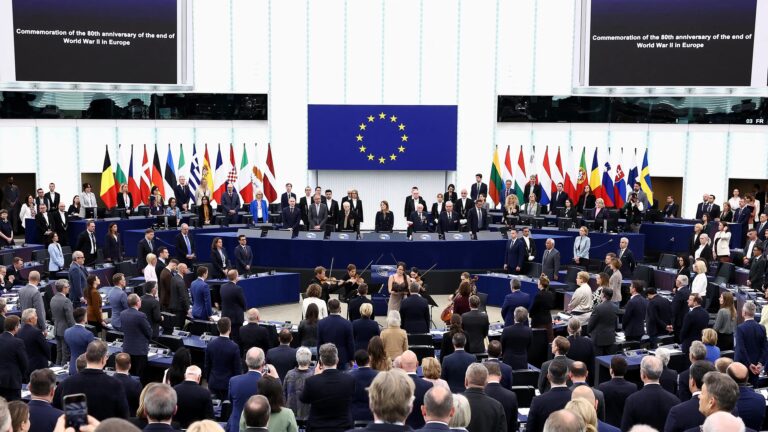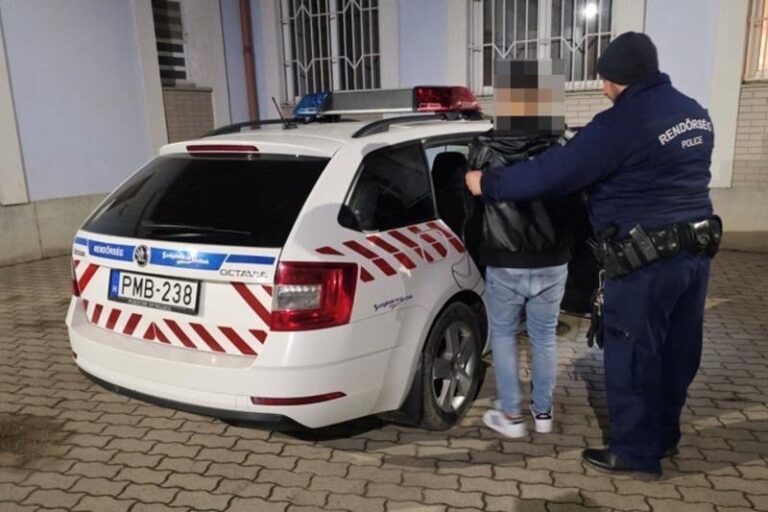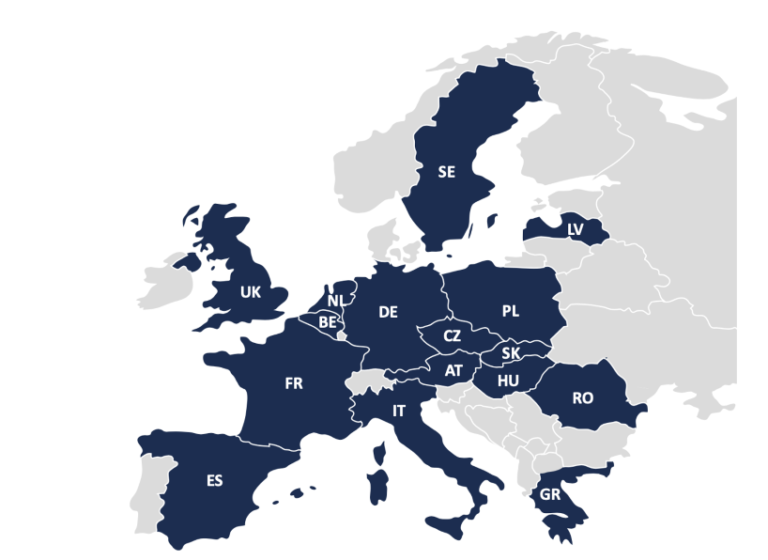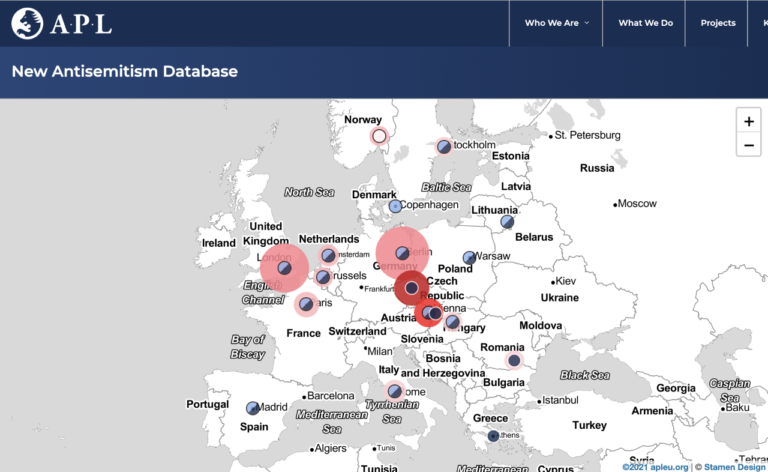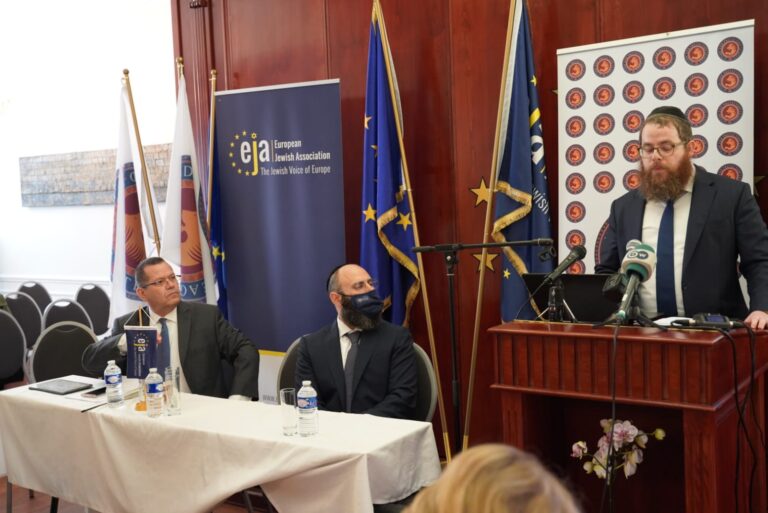On March 4, 2022, the Council of the European Union adopted conclusions on combating racism and antisemitism, inviting member states to develop action plans and strategies by the end of 2022.
According to surveys by the EU Agency for Fundamental Rights (FRA), 39% of Jewish respondents had experienced some form of antisemitic harassment. The European Commission presented an action plan against racism in September 2020, setting out measures for the next five years, calling for better enforcement of EU law, closer coordination, fair policing and protection, awareness raising and improved data collection. In October 2021, the Commission presented a strategy on combating antisemitism and fostering Jewish life.
On March 4, 2022, the European Council adopted conclusions on combating racism and antisemitism, inviting member states to develop action plans and strategies by the end of 2022, implementing the 2020 EU anti-racism action plan and the 2021 EU strategy on combating antisemitism.
The Council highlights the importance of education and training, calling on member states to raise awareness among their population of the fight against racism and antisemitism and to promote research and education on Jewish life, antisemitism and the Holocaust, and racism and slavery.
The Council also invites member states to urge media, social networks, and technology and communications sectors to apply codes of conduct agreed at European level and adopt solutions to rapidly detect, assess and remove illegal online hate speech. Member states should be able to prosecute illegal online hate crime and hate speech, including the establishment of online monitoring centres and platforms where people can report hateful content.
The conclusions also call on member states to encourage victims and witnesses of racist and antisemitic incidents to report those incidents, to ensure such reports are investigated and to offer assistance, including psychological, social and material support where necessary. Including content on combating discrimination in training for law enforcement and judicial authorities is also suggested, as well as developing best practices for identifying and supporting victims.
The conclusions call on member states to ensure national coordinators, public bodies, social partners and civil society organisations work closely together to develop preventive measures and evaluate their effectiveness. Developing a common methodology for quantifying and qualifying racial and antisemitic incidents and comparing them over time and between member states is also strongly advised.
The Council invites the European Commission to support member states, public bodies and institutions, local authorities and civil society organisations in the fight against racism and antisemitism, including financial support.
